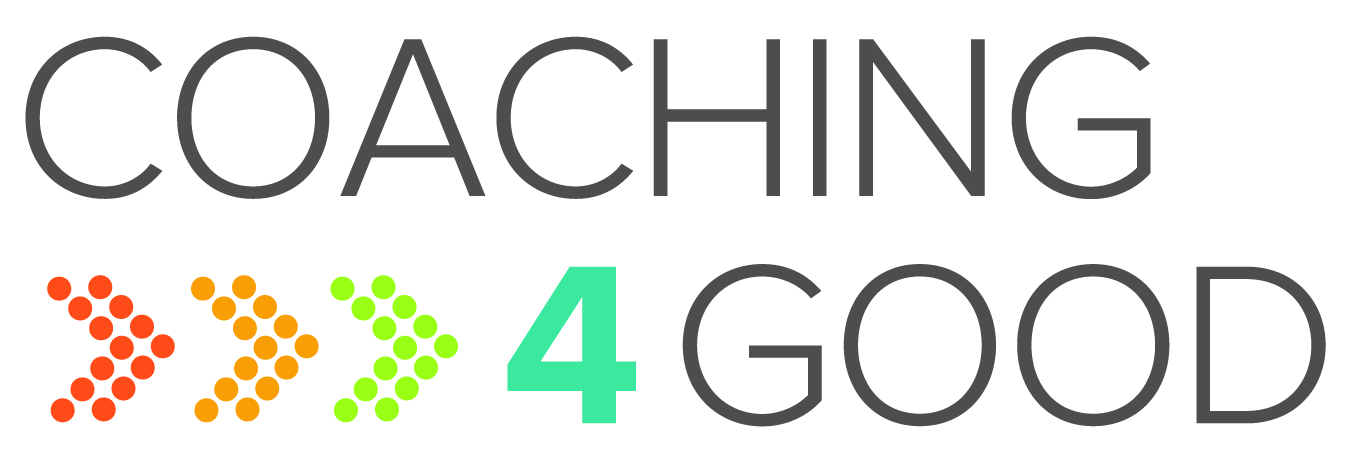Guess what, we’re emotional beings who have emotional intelligence (in measurable capacities).
No matter how hard we strive – especially in our careers – to be only rational beings, we can’t. Our emotions are real, present, and play a tremendous part in our personal, professional, and even our organization’s development. In the professional context we use the terminology emotional intelligence to describe these elements.
Emotional intelligence (EQ), according to Psychology Today, is the ability to identify and manage your own emotions and the emotions of others.
This is typically broken into three specific skills:
- Being aware of your emotions
- Being able to harness them for your own advantage
- Being able to control them situationally
So this begs the question: How emotionally aware, agile, and able are you?
We absolutely love the perspective that Susan David (Ph.D.) offers in her book Emotional Agility. In the book Dr. David looks at 4 specific key concepts in understanding our own emotional intelligence. These concepts include:
Emotional Intelligence: Showing Up
- What it means: As Dr. David suggests, showing up is defined as not ignoring difficult thoughts or emotions. This is accomplished by willingly – and with curiosity – looking deeper into the emotions you experience.
- Key takeaway: Ignorance is bliss, but it’s also ignorant. Businesses who show up, leaders and employees alike, uncover unique ways to accommodate emotional chasms.
Emotional Intelligence: Stepping Out
- What it means: Essentially, stepping out is about perspective. It’s geared towards looking at yourself as a chess board, filled with possibilities, rather than as just any one piece on the board; giving yourself the twenty thousand foot view of what your emotions really are.
- Key takeaway: Organizations that are willing to acknowledge that each and every person represents a link in a larger professional conversation also understand that a chain is only as strong as its weakest link.
Emotional Intelligence: Walking Your Why
- What it means: Everyone has values, and these values define your ability to engage, battle, and accomplish your objectives. Walking your why empowers you to align your emotional core with your physical position.
- Key takeaway: Empowerment comes from understanding and understanding comes from within. By embracing this, organizations – and the people within them – can align themselves with appropriate missions and visions.
Emotional Intelligence: Moving On
- What it means: Moving on is about positioning. It’s about finding a balance between challenge and competence, so that you’re neither complacent nor overwhelmed. Essentially, it’s about changing – with intention – your perspective, what motivates you, and your habits.
- Key takeaway: Building emotional intelligence takes effort. Organizations must commit to continuous education, understanding, and implementation of EQ advancement within their ever-changing dynamics.
So, how emotionally aware, agile, and able are you? If you’d like to learn more about how EQ can play a part in your organization’s employee engagement and retention, let’s connect!
-WCC Team








Stay In Touch